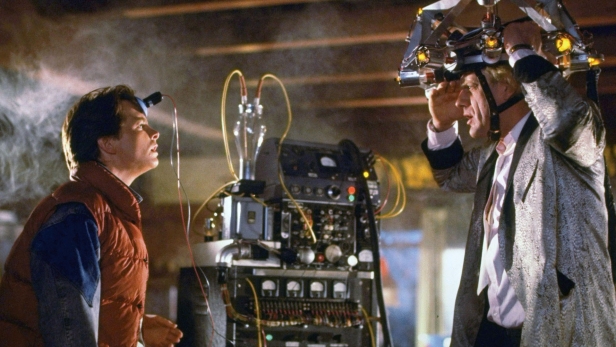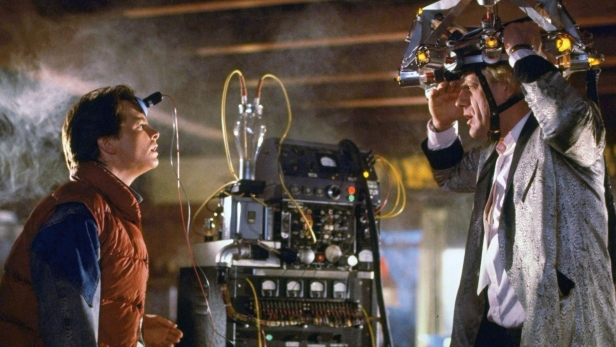
Sci-fi movies offer a glimpse of a future world of robotics, high-tech travel possibilities and great medical advancements. Combining technology, design and imagination, inventions from the silver screen have been seen to predict, or pose as inspiration for, technology innovations of real life. Well, the year is 2015, and science fiction is being catapulted into the real world. With thanks to gadgets that have appeared on the big and small screen, the below technologies could become vital over the coming years, potentially saving our lives in the future.
3D Printers
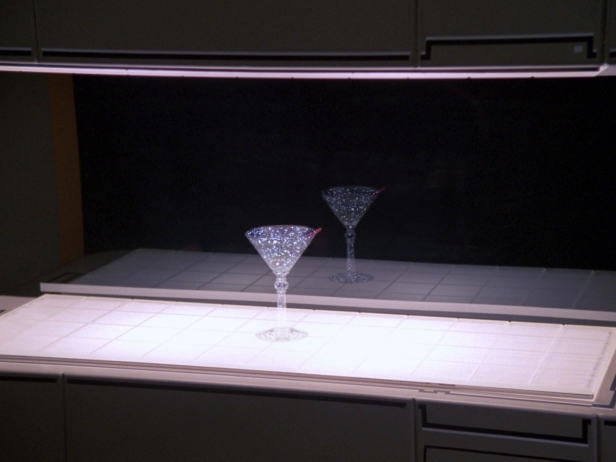
3D printing is all about convenience. Already companies are using it for prototyping, cutting costs and quickening speed to market. It may soon allow companies to manufacture goods domestically, rather than outsourcing internationally, with the ability to offer mass customisation. In terms of consumerism, 3D printing brings innovation to the general public, allowing them to edit, customise and personalise to their hearts’ content. The Star Trek films introduced ‘replicators’, a machine capable of creating objects by rearranging subatomic particles. While this may not be possible in reality (yet), 3D printing can be seen as a real-world version of this technology. This technology not only has applications for manufacturing, food production and the retail industry, but even has medical applications. Medicine and dentistry are benefitting greatly from 3D-printing, with the potential for creating medical implants and replacement body parts that fit perfectly to the patient.
Exo-skeletons
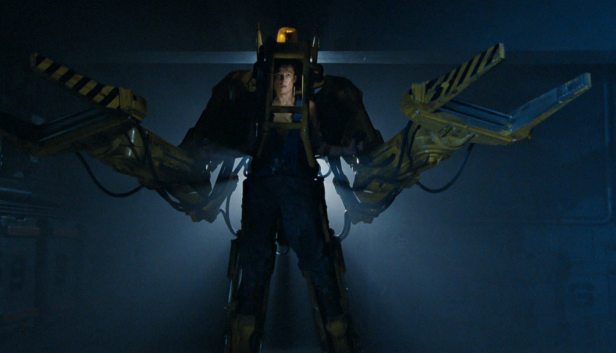
Alike a scene from Aliens or Avatar, an exo-skeleton is an outer-framework worn by a person that powers limb movement externally. These have many military applications both in and out of combat, as benefits include amplifying strength, boosting endurance, and enabling those wearing them to run faster and carry heavier weapons. These exo-skeletons can ease the heavy lifting of the manual construction industry, and also have numerous medical uses. For example, they can enhance precision in surgical situations, aid physical therapy and give assistance to the disabled. Exo-skeletons can help paraplegics to leave their wheelchairs and to walk in a controlled way.
Nano-technology
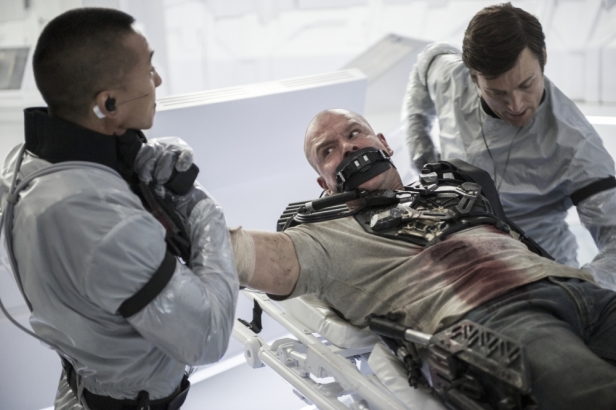
Elysium, eat your heart out. The 2013 sci-fi film introduces the future of healthcare – an immediate and non-invasive health diagnosis and treatment, removing traces of cancer in an instant. However, the reality of the situation isn’t too far behind these days. Microscopic robots (to a molecular level) have been developed to target specific cells and tissue. These advanced and reactive robots can treat illnesses in a far less invasive manner, but could soon be used proactively to treat humans before illness occurs, or before they become detrimental to health.
Self-driving cars
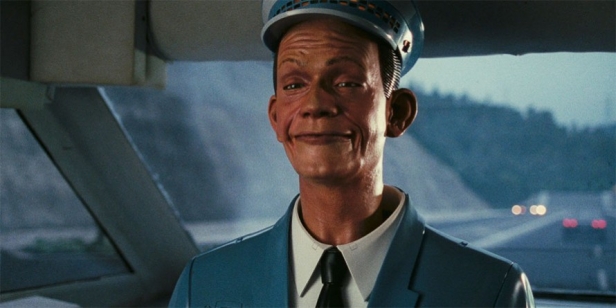
Manual versus automatic: no longer only aligned to a vehicle’s transmission, the human aspect is now being brought into the debate. Now currently in development, though not yet commercially available, driverless or self-driving cars are quickly becoming a reality, legal on the roads of the UK. Being developed by the likes of Google, Audi and Ford, these vehicles incorporate radars, laser imaging, sensors, and 360-degree cameras to predict their surroundings. Who could forget the sleek self-driving car transporting Will Smith in I Robot, allowing his character to switch between auto-drive and manual override at the push of a button? The concept has also been seen on screen in sci-fi films Total Recall, Minority Report and Judge Dredd. With a recent study revealing that human error is to blame, at least in part, for 90% of motor vehicle accidents, driverless cars may dramatically reduce the risk of road traffic accidents. Not only this, but these vehicles can provide independence and easy mobility – an exciting outlook for the elderly, disabled, or those otherwise unable to drive.
Get all the latest sci-fi news with every issue of SciFiNow.
